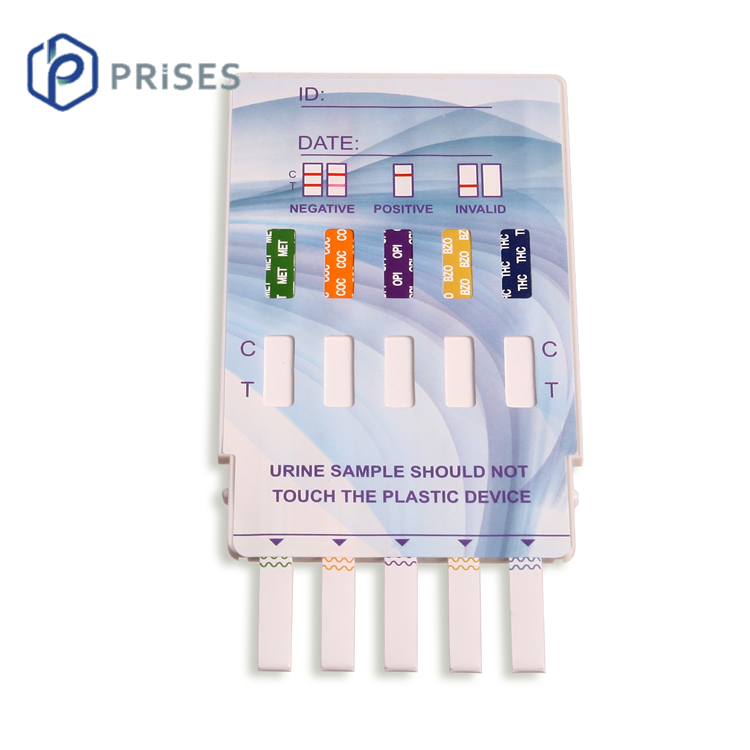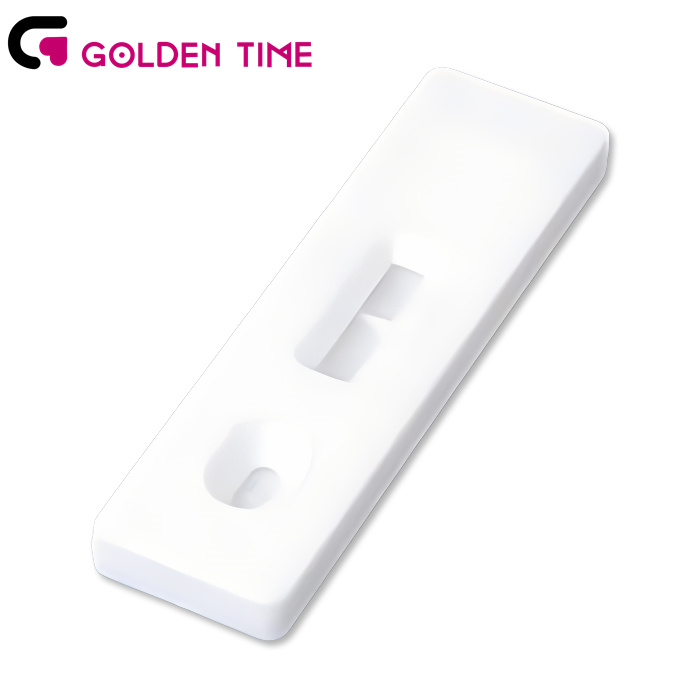Mar . 06, 2025 13:35 Back to list
china urine pregnancy test strip
Understanding the nuances of the fecal occult blood test (FOBT) in China reveals a complex yet promising landscape that is increasingly becoming an essential component of preventive healthcare. The FOBT serves as a non-invasive method to detect hidden blood in stool samples, which can be a significant indicator of various gastrointestinal conditions, including colorectal cancer. This test is gaining traction among health-conscious individuals in China, driven by both government health initiatives and public education.
Trustworthiness is a cornerstone of the FOBT's growing acceptance in China. The reliability of the test, coupled with increased public education on its benefits, has enhanced patient compliance and participation. Healthcare providers emphasize the non-invasive nature of the test while ensuring confidentiality and sensitive communication of results. Building trust with patients also involves addressing common misconceptions and providing clear guidance on next steps if a test returns a positive result. This patient-centered approach cultivates a relationship of trust and encourages more individuals to participate in regular screenings. The product landscape surrounding FOBT in China is also evolving. Companies are innovating to offer at-home testing kits that promise convenience and privacy, thereby overcoming logistical barriers to testing. These kits enable users to collect samples in the comfort of their homes and send them to certified laboratories for analysis. The emergence of such products indicates a growing market and reflects an understanding of the consumer's desire for accessible healthcare solutions. In conclusion, the fecal occult blood test is a cornerstone of preventive healthcare in China, driven by experienced medical professionals, authoritative governmental and institutional support, and a trustworthy relationship with patients. This diagnostic tool not only exemplifies the intersection of healthcare policy and individual well-being but also serves as a testament to the innovative strides being made within the Chinese healthcare system. The path forward involves continual education, improved accessibility, and the integration of technological advancements that collectively uphold the test's role in fostering a healthier society.


Trustworthiness is a cornerstone of the FOBT's growing acceptance in China. The reliability of the test, coupled with increased public education on its benefits, has enhanced patient compliance and participation. Healthcare providers emphasize the non-invasive nature of the test while ensuring confidentiality and sensitive communication of results. Building trust with patients also involves addressing common misconceptions and providing clear guidance on next steps if a test returns a positive result. This patient-centered approach cultivates a relationship of trust and encourages more individuals to participate in regular screenings. The product landscape surrounding FOBT in China is also evolving. Companies are innovating to offer at-home testing kits that promise convenience and privacy, thereby overcoming logistical barriers to testing. These kits enable users to collect samples in the comfort of their homes and send them to certified laboratories for analysis. The emergence of such products indicates a growing market and reflects an understanding of the consumer's desire for accessible healthcare solutions. In conclusion, the fecal occult blood test is a cornerstone of preventive healthcare in China, driven by experienced medical professionals, authoritative governmental and institutional support, and a trustworthy relationship with patients. This diagnostic tool not only exemplifies the intersection of healthcare policy and individual well-being but also serves as a testament to the innovative strides being made within the Chinese healthcare system. The path forward involves continual education, improved accessibility, and the integration of technological advancements that collectively uphold the test's role in fostering a healthier society.
Latest news
-
Highly Accurate hCG Pregnancy Test Strips - 5 Min Results
NewsAug.02,2025
-
Premium Empty ABS Plastic Cassettes: Durable & Lightweight Storage
NewsAug.01,2025
-
Accurate Cocaine (Coc) Rapid Test Kit | Fast & Reliable Detection
NewsJul.31,2025
-
Accurate HCG Pregnancy Test Strips | Fast Home Use Kit
NewsJul.31,2025
-
Reliable Early Pregnancy Test Kit Supplier - Multi Plastic Cassette Options
NewsJul.30,2025
-
Transferrin Rapid Test Cassette – Reliable Tumor Marker Detection
NewsJul.29,2025

